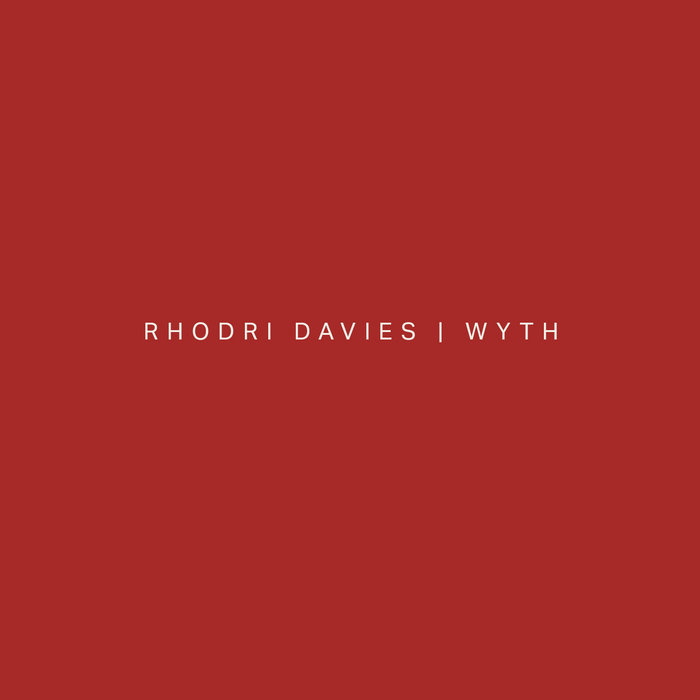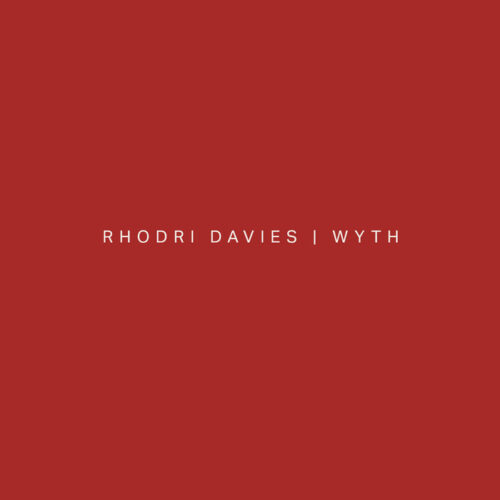For an instrument with such a rich, thousands of years long history, our mainstream cultural view of the harp is absurdly limited. The world of strictly codified Western classical music managed to pacify and reduce the instrument to its dulcet nature, all clean arpeggios and heavenly phrases. In recent centuries, the traditionalist, ossified structures even took a step further and, with the help of the usual patriarchal gaze, turned the harp into a “female” instrument, attaching to it the most stereotypical, essentialist notions of femininity that survive to this day. Add to that a dash of capitalist hauntology, and you get an instrument pitch perfect for angelic scenes in direct-to-video films and glossy launch events for high-street products.
Still, not all is grim. Operating in diverse fields, from free improvisation to indie rock, ambient, and pop, harpists like Zeena Parkins, Mary Lattimore, and, yes, even Joanna Newsom have reframed the instrument, managing to at least partially liberate it from its labels. Yet no one took things quite as far out as Rhodri Davies. Since the 1990s, the Welsh musician has been exploring the essence of the harp, feeling his way through its history and hermeneutics by engaging with its material present, augmenting, electrifying, destroying, and rediscovering some of its arcane forms.
Whether playing in groups Hen Ogledd and Cranc, improvising with saxophonist John Butcher and a number of other luminaries of the free jazz/improv scene, or working solo, Davies appears more than just a harpist or composer or improviser or instrument builder or performance artist or member of Apartment House or… He flows between roles and aesthetics, constantly moulting approaches in search of the next uncharted terrain. What better way to illustrate all the forms his art has taken than to let his music do the talking. And what better place to start listening than his eight solo records, now collected under the name WYTH (‘Eight’ in Welsh).
Jumping directly from Davies’s first album, 2003’s Trem, to this year’s Telyn Wrachïod you might be taken aback by the stylistic shift. Woven from abstract strings of whisper soft sounds and attacking, indecipherable noises, Trem acts as a sort of bridge between his reductionist years and the exploration of shimmering noise ambient aesthetics found on 2007’s Over Shadows. Across the seven tracks, we hear an array of voluminous scraping, snarling, shrieking effects and subtle touches that conjure an unnerving, slightly threatening atmosphere reminiscent of the hair-raising quality of fiddle drones in folk music.
On the other end of the spectrum, his latest album Telyn Wrachïod (Bray Harp) sources inspiration from mediaeval methods, imagining, filling in the blanks, and recontextualising them within a contemporary framework. Playing a harp augmented with brays – wooden pins that make the strings buzz – Davies explores a number of different tunings and moods while letting his pieces move through lush, often soothing drones and segments whose modes faintly gesture towards raga and West African traditions. It’s gorgeous, intoxicating stuff.
While Davies is definitely somewhat of a harp nerd, his fascination with the instrument has nothing to do with gearhead culture. His interests lay in the instrument’s possibilities, cross-cultural signifiers, forgotten ways of playing, and subversions thereof. Nothing is off limits. On the 2012 album Wound Response he uses distortion pedals to make the harp sound like an electric guitar, while building resonating, insistent repetitions that evoke a blasphemous encounter between Glenn Branca and Derek Bailey.
Elsewhere, the lap harp on An Air Swept Clean of All Distance from 2014 comes closest to the instrument’s archetypal, poignant idiom before swerving towards decidedly rhythmic, hypnotic experimental sections. Meanwhile, 2020’s For Simon H. Fell pays tribute to the passing of the English bassist and composer through two stunning long form cuts, alternating bowed, concentrically expanding textures and the sparse rhythms of percussive hits rebounding through vast spaces.
Most of the music in this compilation demonstrates a propensity for concise pieces – a strange quality for an improviser – that enables him to create, develop, and resolve a theme or idea within the span of a few minutes. Aside from providing a terrific entry into the world of Rhodri Davies – which I would strongly encourage exploring, starting with the collaborative Creiriau y Delyn Rawn – many of these records also feel delightfully expressive, making WYTH the perfect collection to get lost in during warm, lazy summer days.



